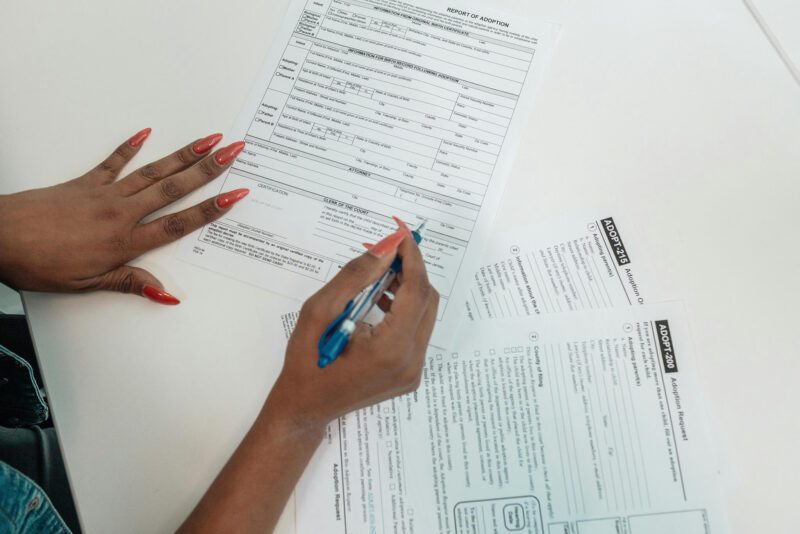Part 5: Claiming asylum in New Zealand – Appeals

In our previous instalments we discussed the basics of claiming asylum https://www.dslaw.nz/news/whatisrefugeestatusnz, what you need to prove to be recognised as a refugee https://www.dslaw.nz/news/asylum-claim-nz or protected person in New Zealand https://www.dslaw.nz/news/asylum-protectedpersons, and the actual process you will go through if you claim asylum in New Zealand https://www.dslaw.nz/news/claiming-asylum-in-new-zealand-the-process Here, we explain the possible appeal mechanisms if you are not recognised as a refugee or protected person.
If your asylum claim is rejected or declined by the Refugee Status Unit (RSU) you have the right to make an appeal against that decision to the Immigration and Protection Tribunal (IPT). That must be done within specified timescales which cannot be extended.
We recommend that your first step should be to find a lawyer experienced in asylum matters to assist you with your appeal. If you are unable to pay for a lawyer, you may be able to get legal aid to pay for one. Both Pooja and Stewart are experienced in refugee appeals and are approved legal aid lawyers for asylum matters at the IPT.
The IPT will meet with you and your lawyer where they will ask you questions about your claim. This typically takes a full day, but this varies depending on the case and its complexity, and if there are witnesses or expert evidence.
The IPT works to the same legal tests as the RSU when considering whether to recognise a person as a refugee or protected person.
It typically takes 6 months from making the appeal before a hearing takes place with the IPT (but this can vary), and decisions are usually issued a couple of months later.
If you are recognised as a refugee or protected person by the IPT, you can apply for permanent residence and include your partner and dependent children in that application.
If the IPT declines your appeal, you have the right to make an appeal or to seek a judicial review of that decision at the High Court. These are complex matters and people considering High Court proceedings should take advice from lawyers knowledgeable in this field. D&S Law has that experience, both Pooja and Stewart have appeared in the High Court challenging decisions of the IPT in refugee matters. If you are unable to pay for a lawyer, you may be able to get legal aid to pay for one, including D&S Law.









